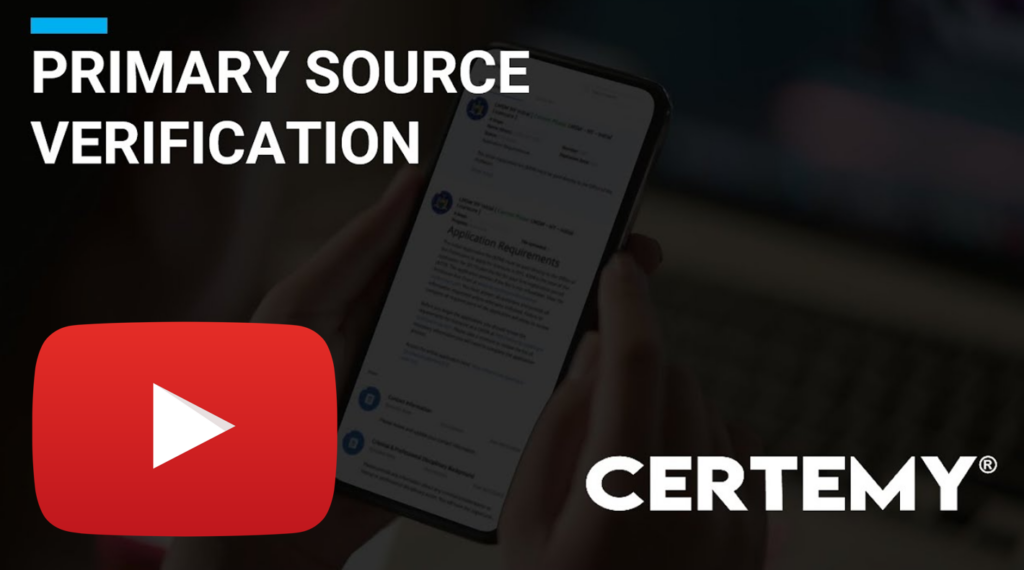
License Verification Tool | ACHPN – Palliative Care Nurse Practitioner
A Palliative Care Nurse Practitioner (PCPN) specializes in the comprehensive care of people dealing with chronic and serious illnesses. A PCPN is a nurse practitioner who is focused on providing overall relief from the symptoms, pain, and stress of serious illnesses and their treatments. This specialized form of care focuses on improving quality of life for those with a serious illness.
At its core, a PCPN is a nurse practitioner with a specialized focus in palliative care. PCPNs provide comprehensive care for those with a serious illness, and may include physical, psychological and social care, using a multidisciplinary team approach. They also provide assistance to the patient’s support system, such as the patient’s family and friends. PCPNs are renowned for being patient-focused and humane, and playing an important role in the care of those dealing with a serious illness.What Does a Palliative Care Nurse Practitioner Do?PCPNs provide care to people who are living with a serious illness. This means they focus on alleviating symptoms and pains, as well as offering emotional and psychological support to both the patient and the patient’s support system. This type of care is often referred to as “end of life” care, and PCPNs can be a huge source of comfort and support for many people in this difficult time.The scope of care offered by a PCPN depends on their experience, expertise, and qualifications. However, some of the typical tasks they perform include: assessing the patient’s condition, developing treatment plans, educating the patient and their support system about the illness and the prognosis, providing psychosocial support, administering medications and treatments, and keeping detailed records of the patient’s care.Why Should Employers Consider a Primary Source Verification System for PCPN Licensure?It is incredibly important that employers are aware of the professional licensure requirements of their PCPNs. Many states across the US require PCPNs to have completed extensive training and to pass a certification examination in order to qualify for licensure. It is vital that employers have visibility and control over their workforce Compliance programs.One of the best ways to achieve this is to utilize an automated primary source verification system to ensure that their PCPNs have the necessary credentials and licenses to practice. A primary source verification system allows employers to possess greater insight into the occupational licenses and certifications of their employees, thus ensuring they are valid and up-to-date.Furthermore, a reliable primary source verification system will not only confirm that the PCPNs are properly licensed, but can also provide employers peace of mind by helping them to identify possible disciplinary actions that may have been taken against the PCPN in question.Benefits of Using Certemys Automated Primary Source Verification SystemCertemy is a trusted, automated primary source verification system that ensures regulatory compliance and mitigates risk for employers. The system is used by some of the largest US employers to save time, boost staff utilization, and ensure a workforce that is compliant with all occupational licensing requirements.The system provides a real-time look at employee licenses and credentials in a single system of record, and also includes pre-built workflows that are fully configurable to automate license application processes. This helps employers stay ahead of regulatory compliance and avoid any costly missteps.Topics:

